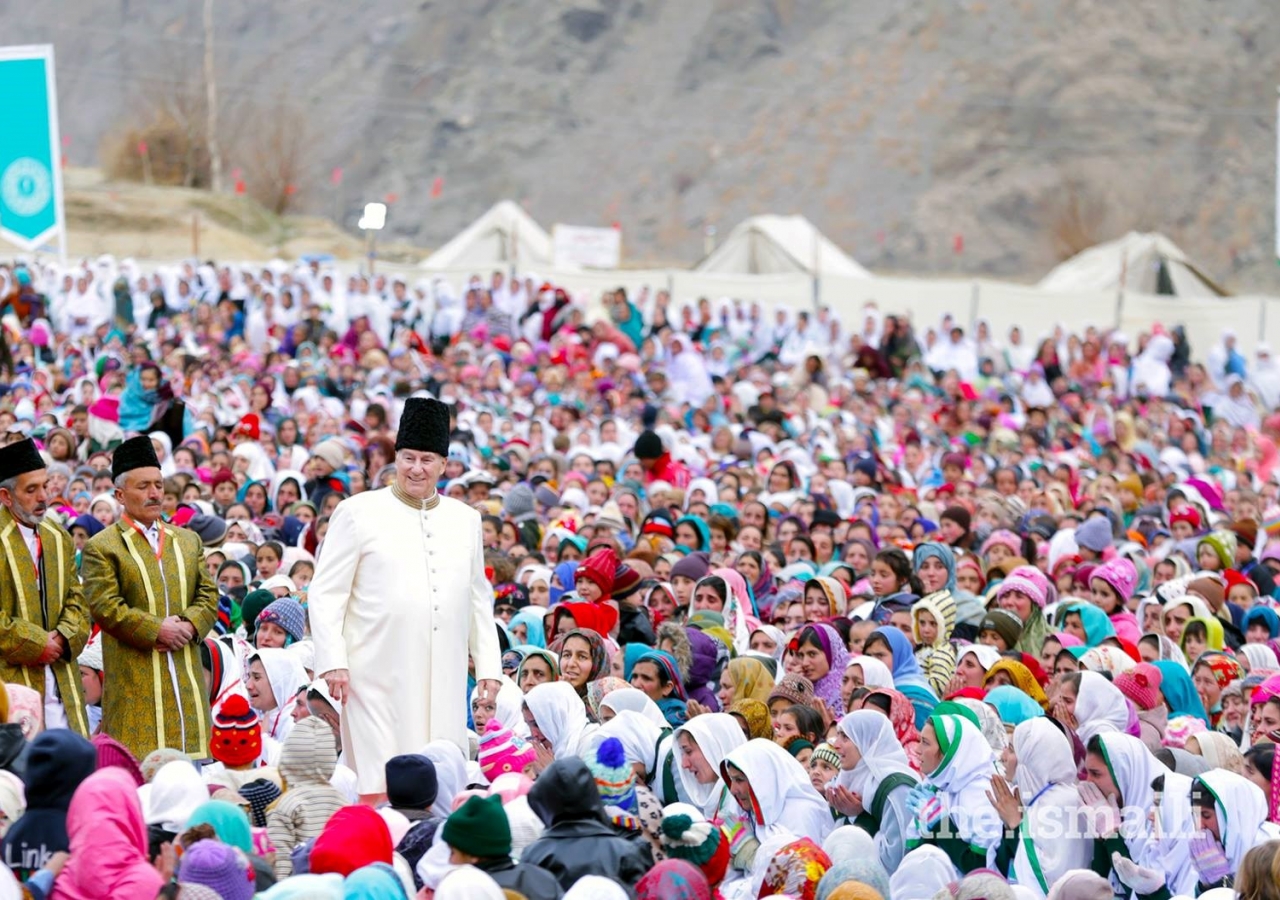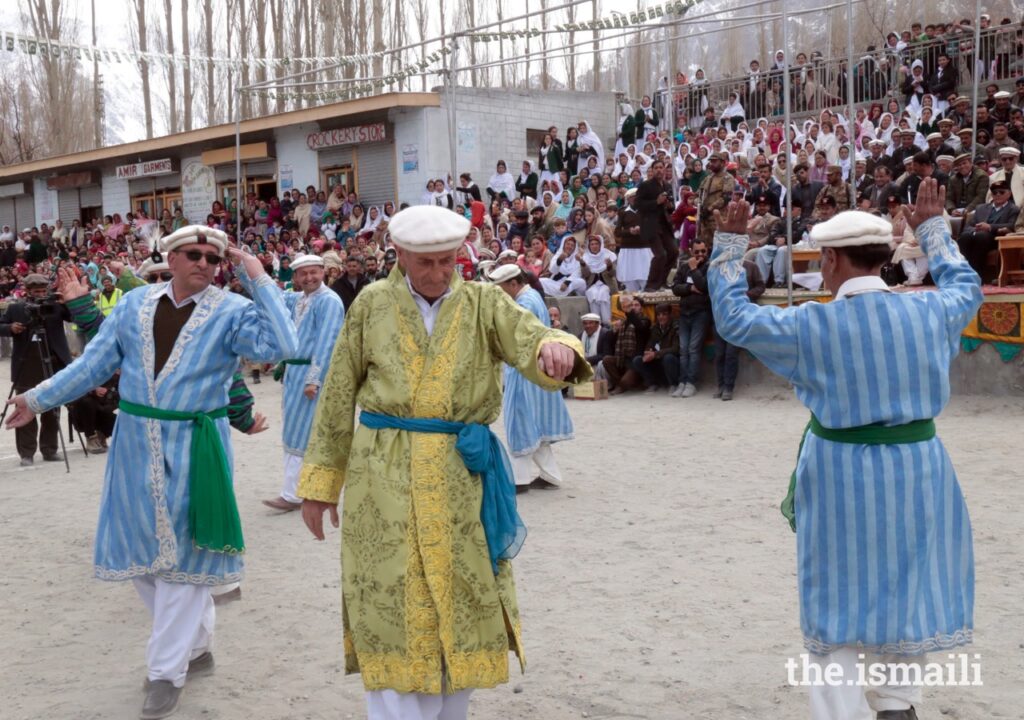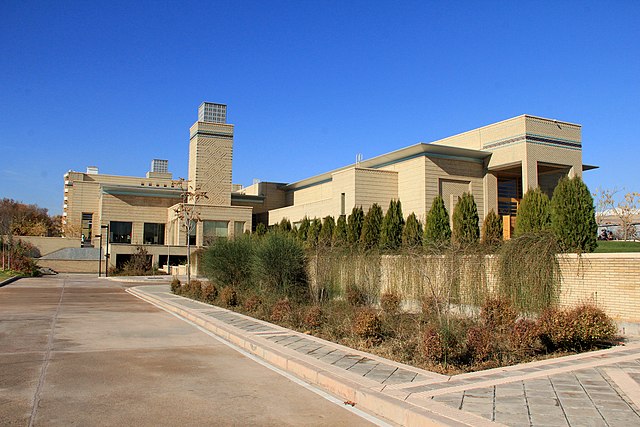The Ethical Background of Ismaili Teaching

The Ismaili sect is very close to Shia Islam; while having close ties with Shia, they are very distinct community within the Muslim world. Their origin belongs to the 8th century and follow a spiritual ancestry of Imams inclined from the Prophet Muhammad S.A.W through his cousin and son-in-law, Ali ibn Abi Talib, and his daughter Fatimah. The Ismailis are named after Ismail ibn Jafar, whom they consider as the legal Imam in contrast to other Shia groups, such as the Twelvers, who follow a different line of succession.
The central concept of Ismaili belief is the concept of Imamat, where the Imam is considered as a spiritual leader and guide, he works as a link between the divine and the community. The current Imam, Aga Khan IV (Prince Karim al-Hussaini), is the 49th Imam of the Ismailis. As all Muslims, Ismailis too believe on Tawhid, the oneness of God, and try for spiritual understanding. Ismailism mainly focuses on harmony between faith and intellect. It inspires the quest of knowledge both spiritual and worldly, to enhance human understanding and improve quality of their life. The Ismailis emphasizes on ethical conduct, social responsibility, and community service, guided by Islamic principles.

Ismailis have a rich and complex history which flourished in periods. The Ismailis established the Fatimid Caliphate in North Africa, which became a major center of learning and their governance is exemplary. The dynasty founded the city of Cairo and the renowned Al-Azhar University as well. After the fall of the Fatimid Caliphate, the Ismailis split into two major groups, one is the Nizaris, who recognize as the line of Imams that continues to the present day, and the Musta ‘Lis. Ismailis faced waves of persecution over centuries. It leads to the dispersal of their communities across Asia, Africa, and later to the Western world. Despite of these challenges, they preserved their traditions and adapted them to change their circumstances.
The Ismaili community has become a global network committed to culture under the leadership of the Aga Khan. Community has gone through to educational, and socio-economic development. The Aga Khan Development Network (AKDN) is one of the world’s largest private development organizations which focuses on health care, education, rural development, and cultural preservation.

Ismailis are a highly diverse community which have member across South Asia particularly in India and Pakistan, Tajikistan and Afghanistan in Central Asian regions, Kenya, Tanzania, and Uganda in Africa, and in the Europe, North America. This diversity is reflected in their languages, traditions, and cultural expressions. Ismailis have contributed a lot to Islamic philosophy, science, architecture, and art. They emphasis on knowledge and intellectual exploration which left a lasting legacy on Islamic and world culture. Today, Ismailis are recognized for their active engagement in building bridges between communities, fostering pluralism, and promoting ethical governance and sustainability.

